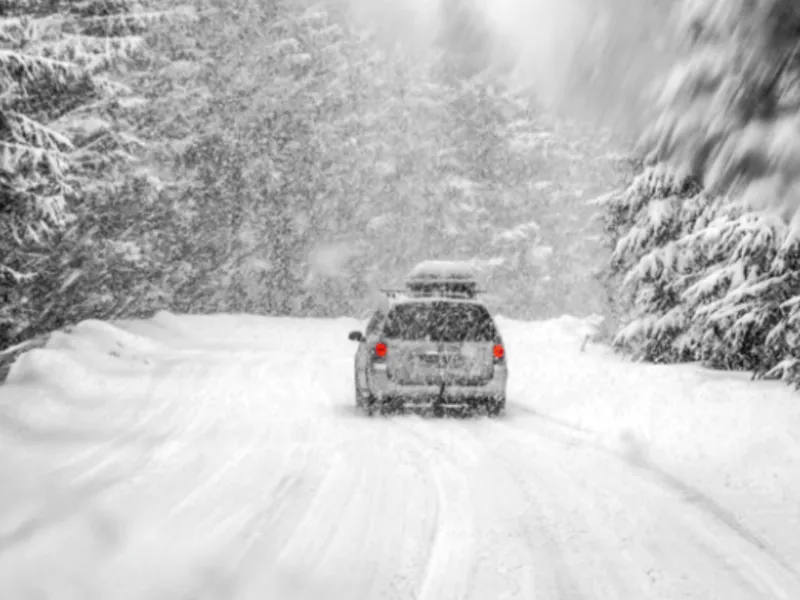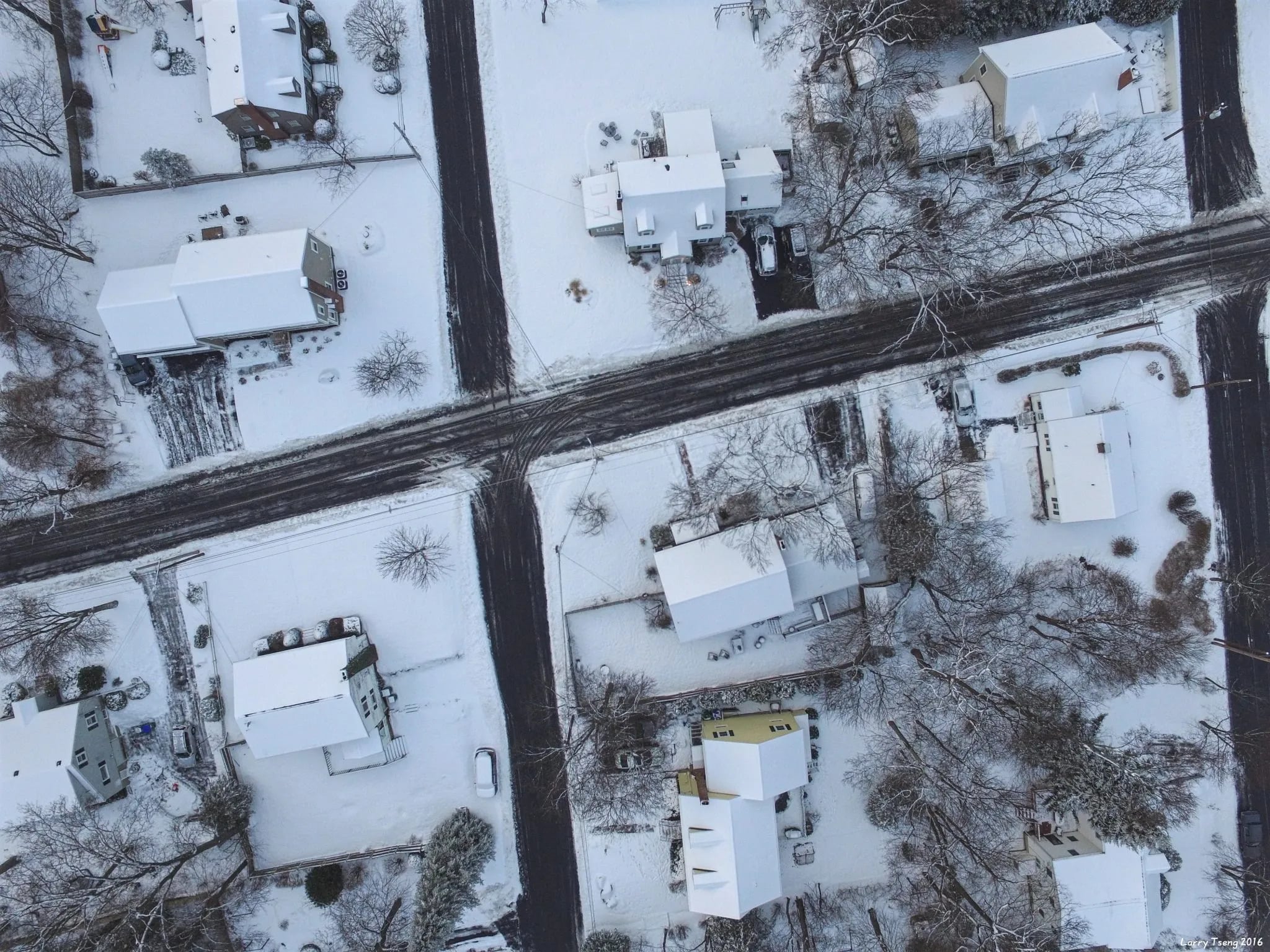Winter in Wisconsin can bring extreme weather conditions such as heavy snowfall, blizzards, and sub-zero temperatures. It is essential to be prepared for these conditions to ensure the safety of you and your loved ones. Here are some tips to help you plan for winter emergencies:
Prepare Yourself & Your Family
During the winter months, it is crucial to be informed about upcoming storms or bad weather conditions. Preparing for winter emergencies is most easily accomplished when you are equally informed and can give yourself some time to gather necessary items. Additionally, you can create a winter emergency plan or emergency kit so that you can be ready at any time! Here are some actions you can take:
- Stay up to date with the weather: it is a good idea to stay informed about weather patterns during the colder months so that you can plan accordingly and be prepared for any storms. This can be accomplished by watching the news or monitoring your favorite weather app.
- Stock up on supplies: make sure you have enough food, water, and medical supplies to last at least three days in case there are power outages or you are unable to leave your house. For a more comprehensive list, check out emergency kit planning below.
- Have a communication plan: this is an important step because many of us take for granted the ability to be in contact with each other since we all have phones. In winter storms, power outages are common, meaning your phone may run out of power if you don’t have backup power sources. Try to discuss how to contact your family or friends in case of an emergency. This could involve using landlines or memorizing numbers in case your phone isn’t working.
- Install a backup generator: just as mentioned before, having a backup power source is well worth the investment if you are in an area susceptible to bad winter weather. This way you can still have power during an outage and not have to worry about dead phones or no heat.
- Check heating system: have your heating system inspected to ensure it is in good working condition. Keep your furnace and chimney clear of snow and ice to prevent carbon monoxide poisoning.
- Plan for your pets: make sure you have a plan in place to protect your pets during a winter emergency. Keep them warm and have enough food and water for them to last several days as well.
Prepare Your Car For The Cold
- Service the radiator and maintain the antifreeze level in order for your car to run smoothly.
- Check tire tread or, if possible, replace tires with all-weather or snow tires.
- Try to keep the gas tank at least half full to avoid ice in the tank and fuel lines.
- Use a wintertime formula for your windshield washer fluid.
- Prepare a winter emergency kit to keep in your car in case you become stranded.
Make An Emergency Kit

For You
- First Aid Kit
- Fleece blankets or extra clothes (Fleece retains heat, even when wet.)
- Food
- Water
- Flashlights
- Candles
- Matches
- Extra batteries
- Shovel
- Rock salt
- Plastic Bags (for sanitation, garbage, or just to have handy)
- Hand Warmers (about three bucks for a pack of four)
- Extra Hat/Gloves/Scarf
For Your Car
- First Aid Kit
- Cell phone charger
- Flashlight and batteries
- A Small Shovel
- Sand or Cat Litter
- Flares
- Booster Cables
- Tire Chains
- Winter blankets or extra clothes
- Snacks and extra water bottles (watch out for freezing water)
*For additional items you may need, check out readywisconsin.wi.gov for more information on making an emergency kit.
Additional Safety Information

Avoid traveling when the weather service has issued advisories. If you must travel, inform your workplace, friend, or relative of your expected arrival and intended route. Follow these safety rules if you become stranded in your car.
- Stay with your car unless safety is no more than 100 yards away, but continue to move your arms and legs.
- Stay visible by putting a bright cloth on the antenna, turning on the inside overhead light (when the engine is running), and raising the hood when the snow stops falling.
- Run the engine and heater for only 10 minutes every hour.
- Keep a downwind window open.
- Make sure the tailpipe is not blocked.
Above all, be prepared to check on family and neighbors who are especially at risk from cold weather hazards: young children, older adults, and the chronically ill. If you have pets, bring them inside. If you cannot bring them inside, provide adequate, warm shelter and unfrozen water to drink.
We can’t stop winter, but we can try to reduce it from inconveniencing our daily lives. Just a little bit of prep could save you a huge headache later. Be safe and be well!


